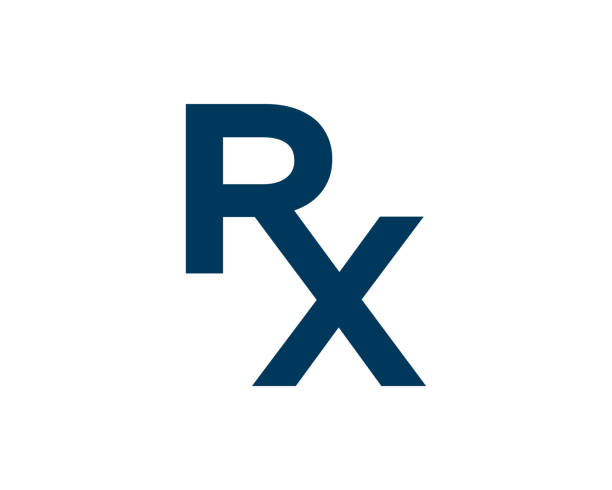Description
Afatinib, marketed under the brand name Afanix, is indeed used as an initial treatment for patients diagnosed with non-small cell lung cancer (NSCLC) that has metastasized (spread) to other parts of the body. This medication is particularly indicated for individuals whose tumors exhibit specific genetic mutations known as epidermal growth factor receptor (EGFR) exon 19 deletions or exon 21 (L858R) substitution mutations.
Here’s a breakdown of its usage:
- Type of Cancer: Afatinib is specifically indicated for non-small cell lung cancer (NSCLC), which is the most common type of lung cancer.
- Stage of Cancer: It is used when the cancer has metastasized, meaning it has spread beyond the lung to other parts of the body.
- Genetic Mutations: Afatinib is effective in patients whose tumors exhibit specific genetic mutations, namely EGFR exon 19 deletions or exon 21 (L858R) substitution mutations. These mutations make the cancer cells more dependent on the epidermal growth factor receptor pathway for growth and survival.
- First-line Treatment: Afatinib is used as an initial (first-line) treatment option for these patients, meaning it is often one of the first medications prescribed after diagnosis and confirmation of the genetic mutations.
- Confirmation Test: Before starting treatment with Afanix (afatinib), patients must undergo testing to confirm the presence of EGFR mutations. This is typically done using an FDA-approved test to ensure that the medication is being prescribed to those who are most likely to benefit from it.
Afatinib works by inhibiting specific proteins involved in cell growth and survival, including EGFR, thereby slowing down or halting the growth and spread of cancer cells. It’s important for patients to be monitored closely by their healthcare provider while on this medication for potential side effects and to ensure optimal treatment response.



